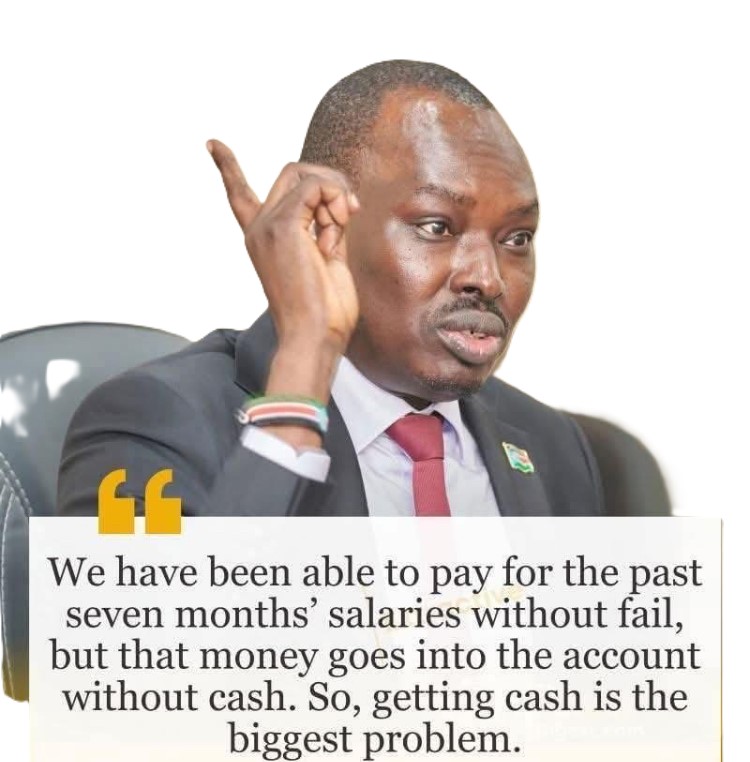When the Minister of Finance in the Government of South Sudan announces, “Salaries are paid but there is no cash,” it is not a technical admission; it is a confession of failure. It exposes a deeper crisis in governance, institutional dysfunction, and the erosion of public trust. In an oil-rich nation like South Sudan, such a statement reveals the full collapse of economic coordination and leadership.
In any functioning system, salary payment means real money accessible and usable. Yet civil servants today are told they have been paid, while their accounts remain dry. This is not a delay; it is an illusion. It reflects a broken system where financial transactions exist only on paper, not in people’s hands. The economy, instead of serving the public, is spinning in circles of numbers without value.
At the center of this collapse is the oil sector. South Sudan’s economy is built on oil. But despite continuous production and exports, the government cannot provide liquidity. This is not due to a lack of resources, but due to gross mismanagement. The Ministry of Petroleum and the leadership of Nilepet have utterly failed to translate national wealth into national benefit. Oil money flows, but not to the people.
Worse still, the Ministry of Petroleum has failed to resolve the high-profile Petronas case, damaging the country’s credibility in international energy markets. Instead of securing a transparent, national-interest-driven transfer of Petronas’ 30 percent stake, the ministry oversaw a shadowy process riddled with allegations of backdoor deals.
This is a structural failure. And it demands structural accountability.
The Minister of Finance has lost control over liquidity. The Ministry of Petroleum has lost direction. Nilepet has lost public confidence. These institutions no longer serve the country; they serve themselves. They are paralyzed by opacity, political protection, and entrenched inefficiency.
If South Sudan is to regain financial stability and public confidence, decisive action must be taken. The Minister of Finance, the Undersecretary of Petroleum, and the leadership of Nilepet must all be dismissed immediately. Their continued presence only deepens the crisis and signals tolerance for failure at the highest levels.
This is not a time for reshuffling press releases. It is a time for bold correction.
The people of South Sudan do not need more empty promises. They need value. They need leadership that delivers, not leadership that explains failure. Public office is a duty, not a shelter. Those who cannot fulfill it must go.
Enough excuses. It is time to restore function and dignity to the nation’s institutions.
The author, Samuel Peter Oyay, is a South Sudanese political activist, strategist, and commentator with over two decades of experience in governance and management. He can be reached via samualjago@yahoo.com
The views expressed in ‘opinion’ articles published by Radio Tamazuj are solely those of the writer. The veracity of any claims made is the responsibility of the author, not Radio Tamazuj.




